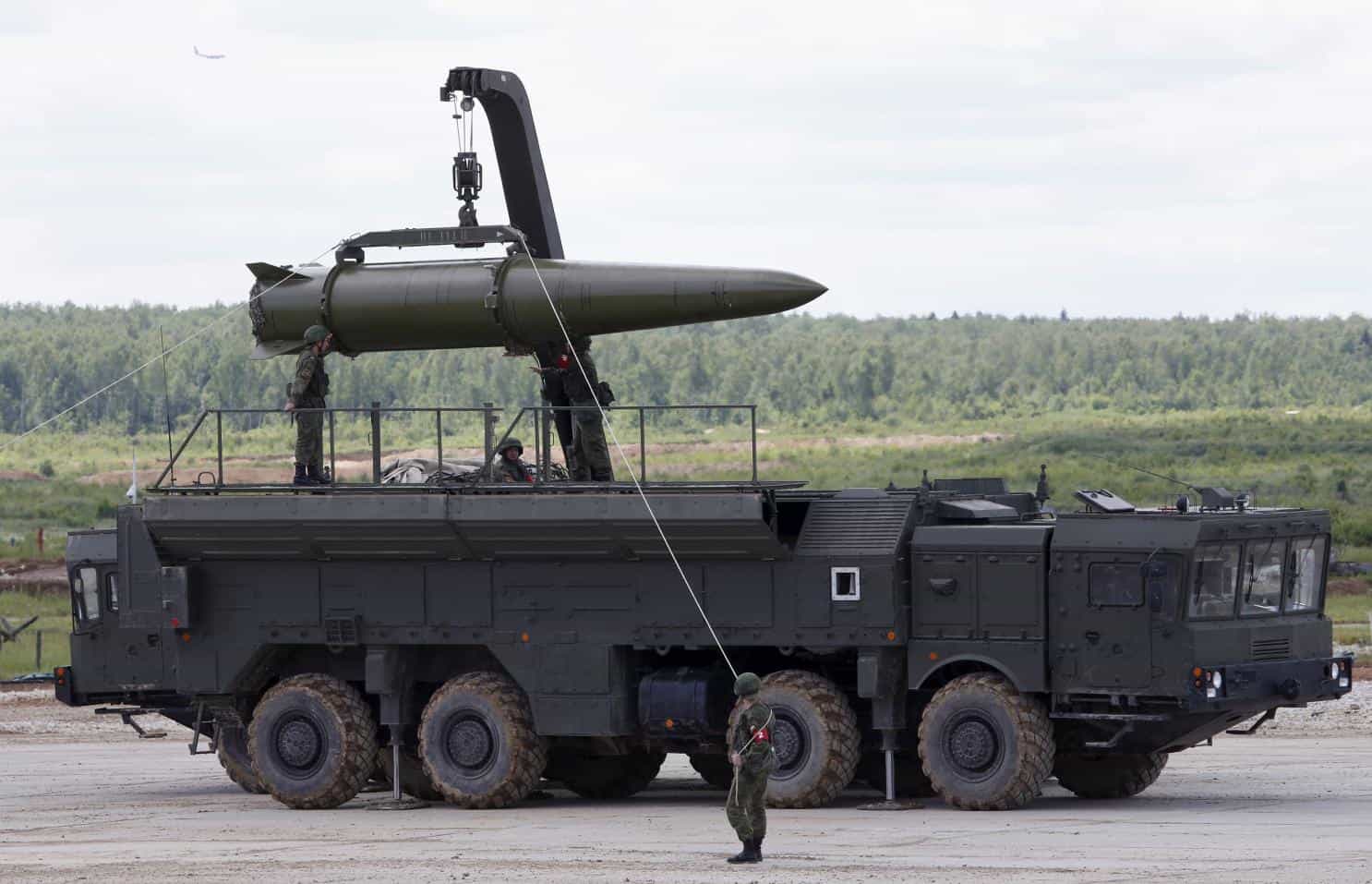Russia has rejected the U.S. demand for the elimination of the 9M729 cruise missile, as the two countries continue a spat over the INF Treaty.
Speaking at a briefing on the 9M729 missile, Deputy Foreign Minister Sergei Ryabkov said, “The US delegation arrived in Geneva for inter-departmental consultations over the INF Treaty with the sole purpose to read out statements written in advance to the effect that Russia rejects the ultimatum demanding our unilateral concessions, implying verifiable elimination of all 9M729 missiles, their launchers and related equipment.”
He added, “Naturally, this kind of approach by no means looks like a diligent attempt at achieving a solution that would suit both sides and is absolutely unacceptable for us in gist and content.”
The U.S. and the Soviet Union signed the INF Treaty in 1987 and have remained compliant with its terms thereafter. The treaty eliminated ground-based launchers and missiles with ranges from 500 kilometers to 5,500 kilometers.
However, in recent years, the U.S. has claimed that a Russian missile under development is in violation of the treaty. According to the U.S., the Russian military flight-tested the 9M729 to a distance “well over” 500 kilometers from a fixed launcher – which is permissible under the agreement provided that the intention is to deploy the weapon at sea – and to distances under 500 kilometers from mobile launchers. Washington claims that, together, these two types of tests violate the INF Treaty’s provisions, as they indicate the system is for use on a ground-based launcher.
The U.S. has threatened to withdraw from the treaty in response and currently plans to leave on February 2, 2019.
On Wednesday, the Russian Defense and Foreign ministries jointly put on a briefing for foreign military attaches, displaying the 9M729 missile as well as its purported specifications. The missile was said to have a range of 480 kilometers, which is 10 kilometers less than the previous version, the 9M728.
Earlier in the week, the U.S. called on Russia to destroy the 9M729, but Moscow has thus far rejected the demands. The Russian government denies violating the INF Treaty and has urged the U.S. to negotiate on the matter. Deputy Foreign Minister Ryabkov noted, “The treaty needs to be preserved. It is up to the American side to make the choice.”
The negotiations “should be done with the mandatory mutual consideration of both parties’ interests and concerns and without any counterproductive ultimatums,” Ryabkov stressed.
Last month, Russian President Vladimir Putin suggested that, if the U.S. leaves the INF Treaty, Russia could put a ground-based missile launcher into service.










